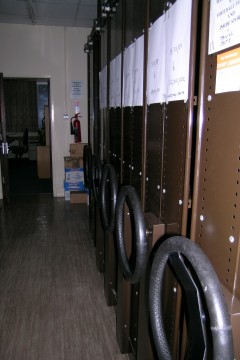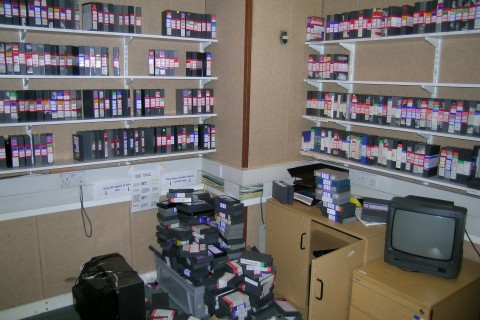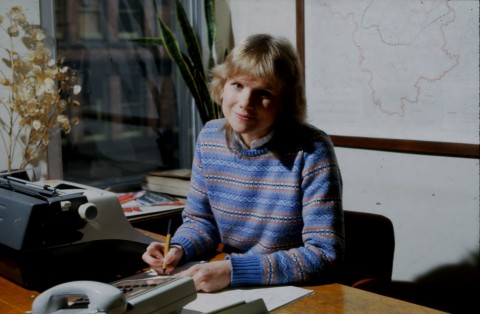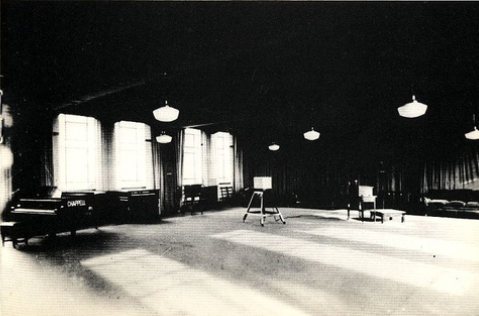This blog is made up from comments from various contributors on the Pebble Mill Facebook page.
‘David was one of a team of Announcers who in the 70s became both TV and Radio broadcasters reading the radio and TV bulletins and also operating the local TV continuity desks. For a glorious time in the 70s all the Regions had one of these self operated desks, originally placed in the news studios but eventually in their own little cubby hole but using a studio camera wheeled into place after the regional news programme had finished. They shadowed the London announcers doing their own sound and vision mixing ……in vision…… and could call up captions, slides and even telecine. So the entire evening looked as if it were coming from Pebble Mill. The team consisted of David, Guy Thomas and others and seemed to be a great success.’ (Pete Simpkin)
‘David was always a delight to work with. Many years ago when BBC 1 closed down at the end of the day’s broadcast the Regions would opt out to say goodnight. David was famous for these opt outs and would often show photos from local photographic clubs. One time this opt out carried on after the other had Regions had closed down. The transmitters had a system called RBS. If the line feed failed, the RBS would rebroadcast an off signal, signal from the nearest transmitter. This resulted in all the transmitters switching back on and broadcasting David across the UK!’ (Peter Poole)
‘On the subject of RBS, assuming the tx’s of that era weren’t still being shut off manually at the end of the day (it’s quite possible that the main stations were still manned during operational hours in those days). It would likely be that only stations north of Sutton would carry this extended programme, as the RBS system was designed to work from London outwards it would be unlikely that any transmitters south of Birmingham would’ve stayed on as they would be RBSing from sites in the south, which would likely to have been fed from different regions. The network was strictly one way, a fully meshed configuration would have been a nightmare.’ (Andy Marriott)
‘As an engineer in the Communications Centre on the late shift, I would see David come in around 23:30 and load all his slides from local photographers into the slide scanner for his closedown news bulletin. Depending on how many slides he loaded determined how late we would have to stay!
We would do checks with him from the self op desk to make sure his mic and camera were working ok and then ‘opt him in’ (that is, change the route of BBC 1 Network (from London) from going directly to the transmitters to going via his self opt desk so that when he was cued via Network t/b, he could switch his own output to the transmitters instead of that from London Network)….sometimes there were a lot of slides!
When he had finished, we could put the Network feed back to the transmitters and go home.’ (Brian Johnson)
Contributions from Peter Poole, Pete Simpkin, Andy Marriott and Brian Johnson, and photo supplied by Annie Gumbley Williams





